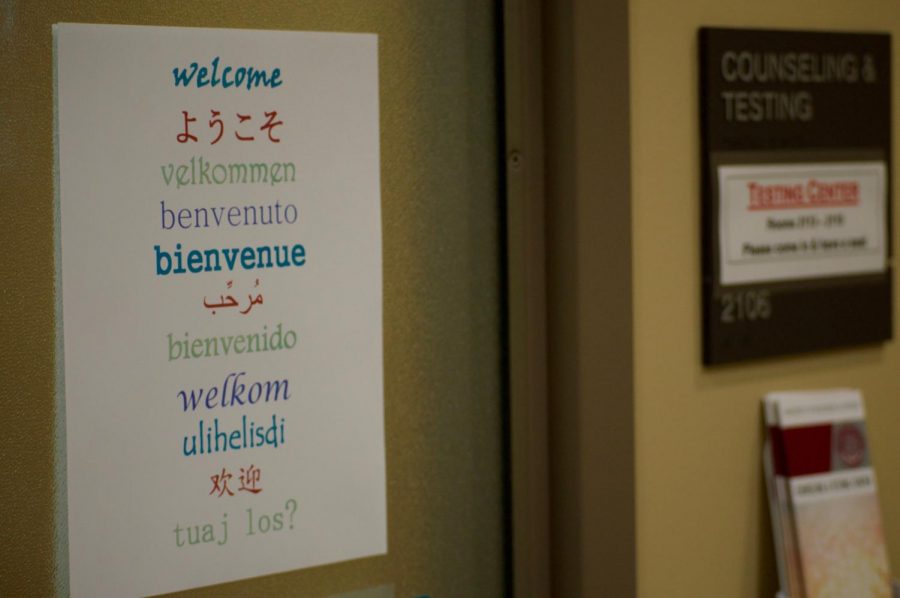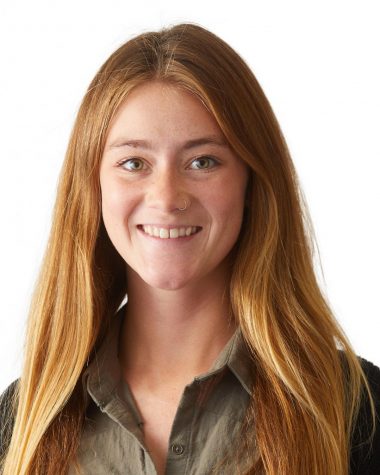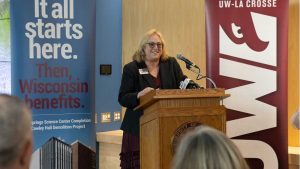Counseling and testing center looks to hire diversity and inclusivity liaison
March 6, 2019
The University of Wisconsin-La Crosse is currently hiring for a new diversity position in the Counseling and Testing Center (CTC). The job seeks “a dynamic, collaborative Counselor or Psychologist who is committed to promoting the mental health of historically marginalized identity groups.” Licensed psychologist and senior counselor for the CTC Crystal Champion shared her insight with, regarding the new diversity and inclusivity liaison position and the awareness of diversity and inclusivity built into their staffing team.
Champion began by explaining the lack of diversity in the CTC, “Students have let us know that the lack of diversity in our staff, especially in race and ethnicity, but also gender identity and languages, is a concern for them. Many, but not all students would prefer their counselor shared important aspects of their identities. Because we believe it benefits students, as well as our staff and the wider campus community, diversity is an important topic in our recruiting for new positions and training positions, not just this one. We consider diversity by trying to advertise to a broad pool of candidates. We ask questions about candidates’ experience and training to consider how they portray their cultural awareness and personal identity development. We do not make hiring decisions based on identity, but we want to be sure that the new people we bring on board share our values and vision.”
Champion expressed hopes that the new counselor will begin their training during the 2019 summer and additionally interacting with summer programming on campus, such as the Academic Success Institute and orientation programs. “When Fall 2019 comes, we should have a good idea of what additional services they might be able to provide,” said Champion.
Though this new position will focus more in depth on diversity and inclusion, all CTC staff under-go diversity and inclusion training, Champion said, “…our staff strives constantly [to] challenge our cultural competence and our personal identity development. Every one of my colleagues is currently doing important work to support students with minoritized identities. Diversity is a huge part of our internal professional development training program, as well as the continuing education that we accumulate to maintain our licenses.”
Students utilizing the CTC are always encouraged to comment and critique, “…because of stigma and privacy, students often choose not to share their experiences with our office, good or bad. We are inherently ‘behind the scenes’ in students’ lives! We welcome feedback from students about our services and ways in which we can make them more accessible to all students.”
Champion concluded by noting that counseling in itself is a privilege and changes must be made in order to encourage more conversation around oppression that students face and how this is interconnected with their mental health, “Mental health resources are an important part of UWL’s ability to retain students of all identities and help them be successful. When students experience marginalization and oppression, there is an additional burden of stress that has well-researched negative effects on mental health and well-being.”







